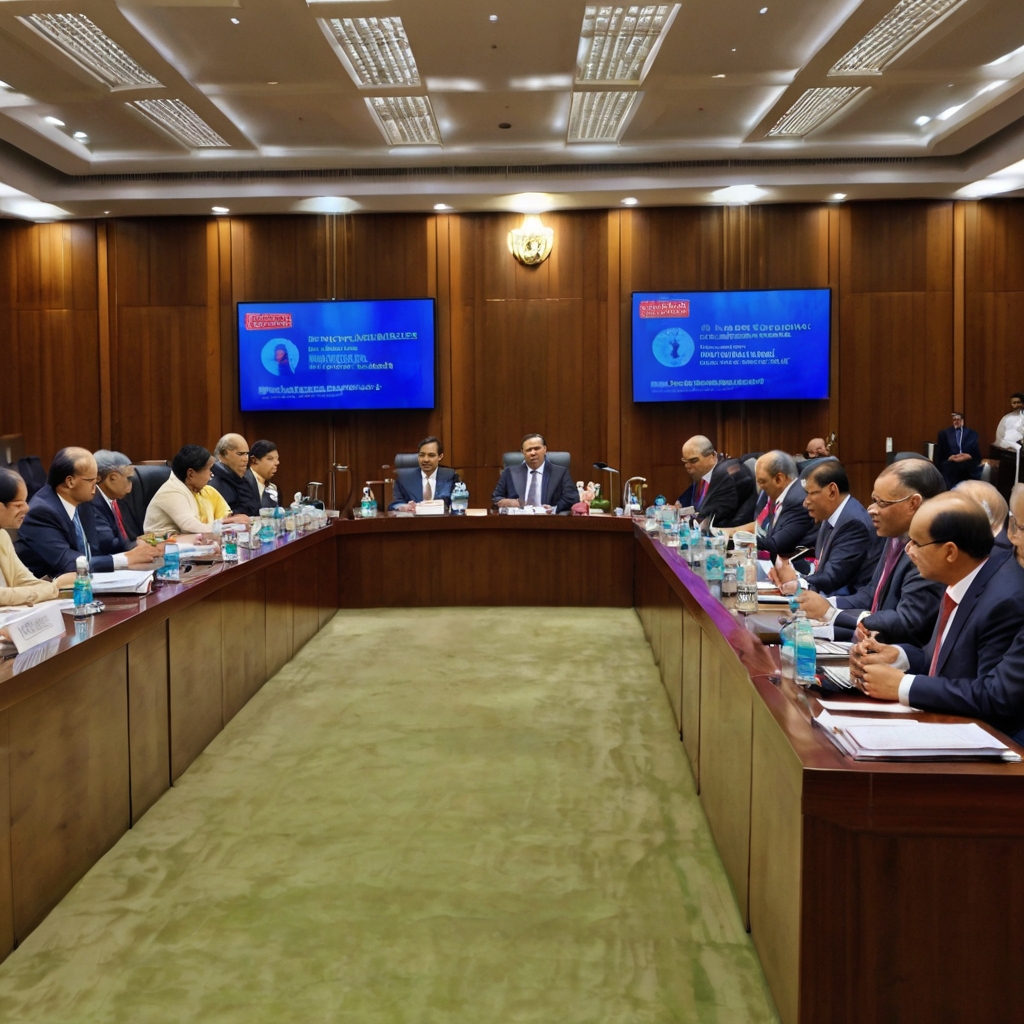The Finance Ministry has wrapped up its pre-budget consultations, engaging with ten crucial stakeholder groups, including agriculture, education, health, MSME, energy, and infrastructure sectors. These discussions, involving over 120 invitees, began on June 19 and concluded on July 5, highlighting concerns around jobs and growth for the upcoming budget. The first full budget of the BJP-led National Democratic Alliance, now in its third term, is set to be presented on July 23.
Key Discussions and Concerns
During these consultations, Finance Minister Nirmala Sitharaman met with finance ministers from various states and union territories to gather their input for Budget 2024–25. Among the key suggestions received were the continuation of fiscal consolidation and the extension of the Product-Linked Incentive (PLI) scheme to small and medium enterprises and labor-intensive sectors. These measures aim to create jobs and boost consumption, addressing immediate economic concerns.
Focus on Job Creation and Education
Industry representatives emphasized the need for job creation and budgetary support for education, particularly in emerging fields like GenAI. This focus is crucial for encouraging students and professionals to pursue advanced courses, aligning with the growing demand for tech-savvy professionals in the job market.
Agricultural Support and Rural Development
Enhancing the PM-KISAN support to Rs 8,000 per year from the current Rs 6,000 was among the proposals. Additionally, there were calls for increased funding for agricultural research and the transfer of all subsidies to farmers through direct benefit transfer. These demands are in response to the BJP’s subdued performance in rural areas during the general elections.
Trade Unions and Public Sector Concerns
Trade unions voiced their demands for the restoration of the Old Pension Scheme and the abolition of the four labor codes. They also suggested halting the privatization of public sector undertakings. These suggestions reflect the unions’ focus on protecting workers’ rights and ensuring job security.
Capital Expenditure and Economic Growth
Industry bodies urged the finance minister to increase capital expenditure by 25 percent from the revised estimate. This increase would allow for additional resources to be deployed in rural areas, enhancing infrastructure in housing, agriculture, warehousing, and irrigation. Such investments are expected to stimulate job creation in rural areas, thereby boosting demand.
Utilizing the RBI Dividend
A significant point of interest in the upcoming budget is how the finance ministry will utilize the substantial Reserve Bank of India (RBI) dividend of Rs 2.11 trillion. This fiscal cushion provides the government with the flexibility to manage expenditure expectations and address various economic challenges.
Fiscal Deficit Targets
The government has set the FY25 fiscal deficit target at 5.1 percent of GDP or Rs 16.85 trillion, revising the FY24 target to 5.8 percent from the earlier projection of 5.9 percent. The fiscal deficit narrowed to 5.6 percent in FY24, showcasing progress in fiscal consolidation.
Conclusion
The pre-budget consultations included key members of the finance minister’s budget team, such as Finance Secretary T V Somanathan, Secretary of Economic Affairs Ajay Seth, DIPAM Secretary Tuhin K. Pandey, Financial Services Secretary Vivek Joshi, Revenue Secretary Sanjay Malhotra, and Chief Economic Adviser V. Anantha Nageswaran. Their insights and expertise are expected to shape a budget that addresses the economic challenges and aspirations of the country, focusing on growth, job creation, and fiscal responsibility.















